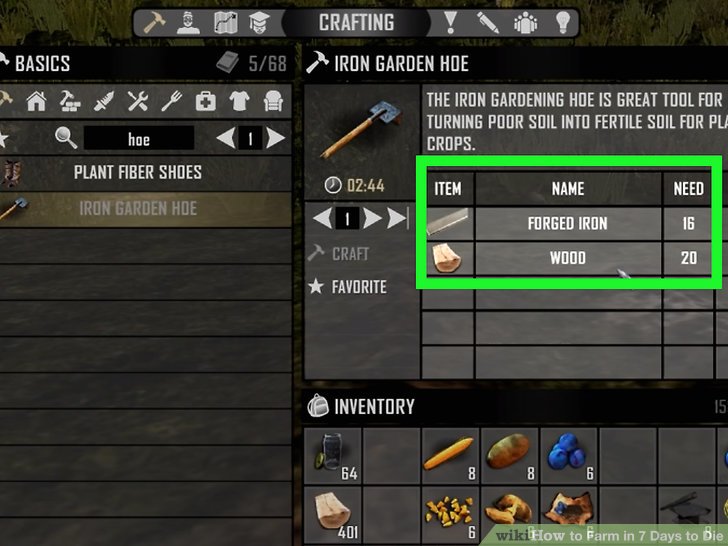


The contention of the revenue was that in the hands of the appellant they were liable to duties at two stages, namely, under Tariff Item 26-AA(i-a) when they were forged and under Tariff Item 68 of the Excise Tariff after they were machined and polished for being supplied to the railways. The stand of the appellant was that these Items were dutiable in their hands only once and under Tariff Item 26-AA(i-a). Certain other incidental work on the said goods might have been done by the appellant, but that is not material for our purposes. Before the said goods are supplied to the railways the said goods after being forged are machined and polished by the appellant and as a result of this machining and polishing the excess layer of steel which is commonly referred as “excess skin” is removed and one of the disputes is as to whether for the purpose of Item 26-AA(i-a) of the Central Excise Tariff set out in the First Schedule to the Central Excises and Salt Act, 1944 (referred to hereinafter as “the Central Excises Act”) the weight of the steel should be calculated as at the time when the forging was complete or after machining and polishing to remove the excess skin of steel. Apart from this, the appellant also makes and supplies to the Indian Railways wheels and axles as composite units. The buyers of these products are the Indian Railways. The appellant manufactures inter alia wheels, tyres and axles of railways. The Division Bench of the Patna High Court in the impugned judgment only granted partial relief to the Tisco and the appeal in respect of the relief refused. The writ petition was filed by the Tisco for quashing an order passed by the Collector, Central Excise, Patna on 24-9-1982. (referred to hereinafter as “the Tisco”) against the judgment of a Division Bench of the Patna High Court in writ petition filed by the Tisco.

M.H Kania, J.- This is an appeal by the Tata Iron and Steel Co.


 0 kommentar(er)
0 kommentar(er)
